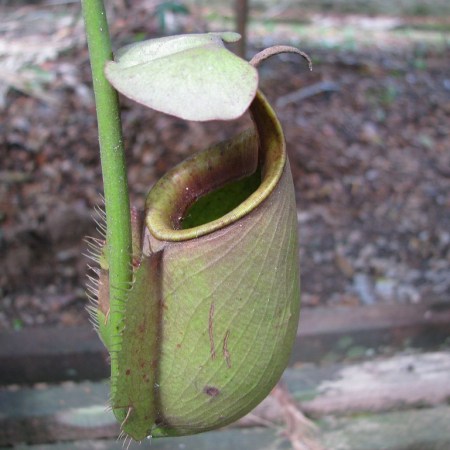Just how much of the food we bring home every week ends up becoming waste? According to the U.S. Department of Agriculture, that figure comes to between 30% and 40% — which led the U.S. government to seek to cut that in half by 2030. That’s easier said than done, however. If you live in New York City, you’ve probably noticed some mixed signals when it comes to composting, for instance — and that issue is far from confined to NYC alone.
Writing at The Washington Post, Andrew Jeong and Julie Yoon explored how South Korea’s foray into food waste recycling is going. There’s good news and bad news there, too — beginning with the way that the nation recycles a whopping 98% of its food waste. (By contrast, 20% of food waste in the U.S. is either composted or converted into energy.) Jeong and Yoon offer a note of skepticism, however, that South Korea’s success could be replicated elsewhere in the world.
As Jeong and Yoon point out, South Korea’s system stands out for several reasons, including the way that it’s run on a national level, as opposed to letting local governments manage the process. It’s also worth pointing out that, as per the Post‘s reporting, establishing this system didn’t happen overnight; instead, it took South Korea 20 years to get to this point.
The Pioneering Discipline of Food Design Wants to Change the Industry
“It’s the missing link that could make what and how we eat so much better.”A South China Morning Post article from earlier this year about Hong Kong’s food waste recycling initiative explores some of the broader issues facing both Hong Kong and — more widely — governments around the world. The article notes the lack of initiatives in Hong Kong to get people to start recycling — and, as the Post‘s report on South Korea pointed out, one of the ways that South Korea’s own initiative has succeeded involves fining people who violate the existing guidelines.
There are other issues to consider as well, including the ultimate destination of food waste — and whether it should be composted or turned into fuel. It’s one of a number of dilemmas that environmental policymakers face — and a series of questions that lacks easy answers.
Join America's Fastest Growing Spirits Newsletter THE SPILL. Unlock all the reviews, recipes and revelry — and get 15% off award-winning La Tierra de Acre Mezcal.



















